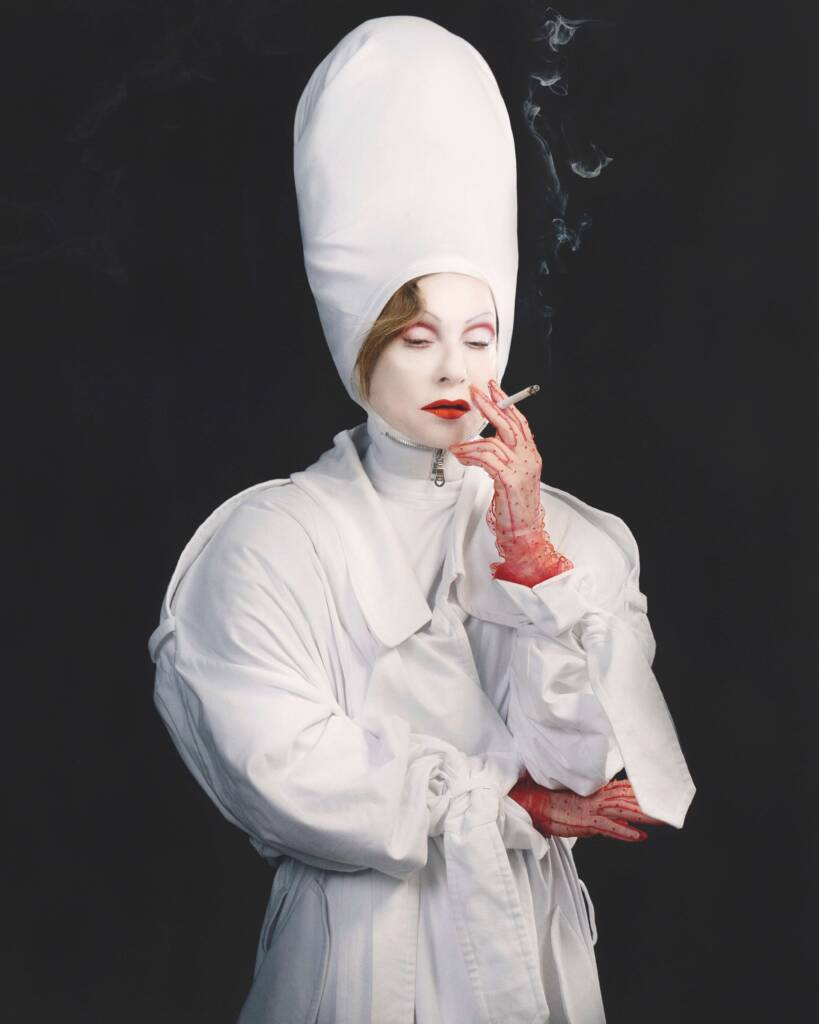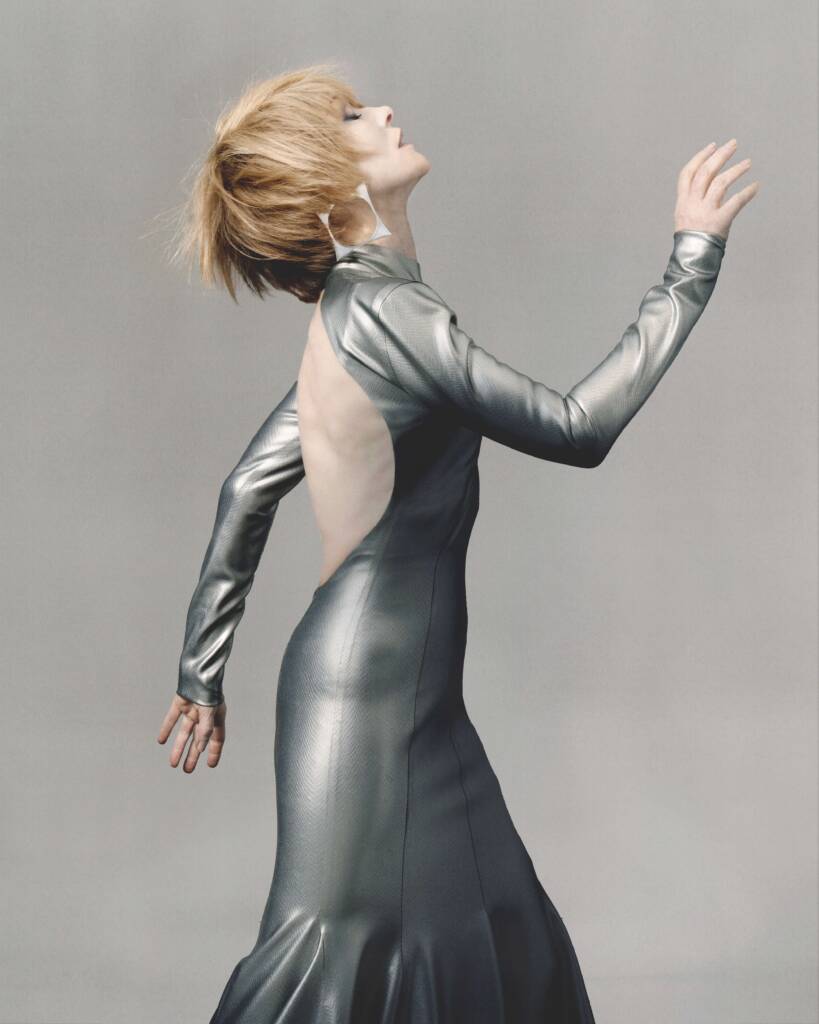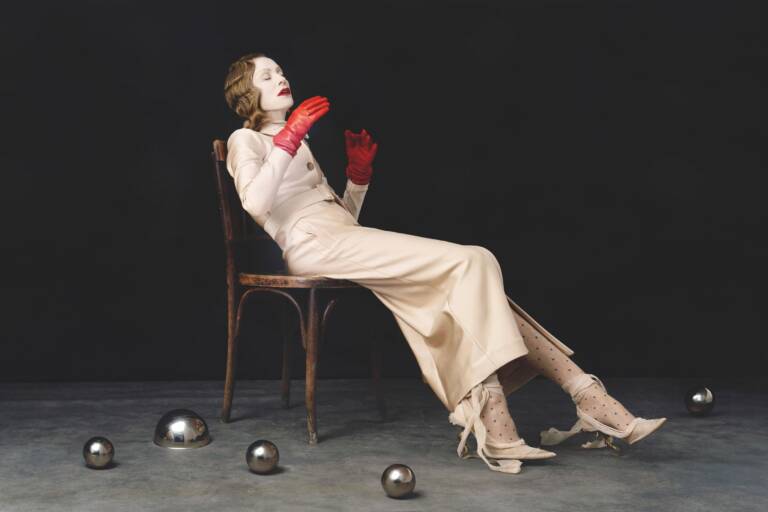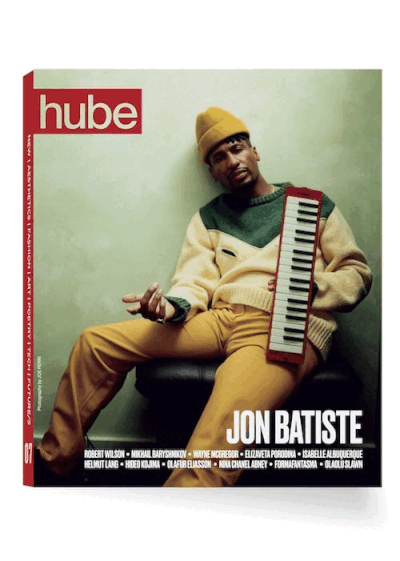

Isabelle Huppert is one of France’s most celebrated actors, an icon of screen and stage whose career spans over 120 films. Huppert has collaborated with cinema’s great auteurs, including Michael Haneke, Jean-Luc Godard, and Hong Sang-soo, alongside influential theatre directors Bob Wilson, Peter Zadek, and Claude Régy.
Susan Sontag famously described Huppert as a “total artist,” praising her as an actor of “unlimited ability, with… a body of work and a talent from which we can expect anything in the future, anything and everything.” Such accolades are not uncommon, Huppert has received a Golden Globe, a BAFTA, an Academy Award nomination, two César Awards and two more from Cannes for performances that have challenged, unravelled, and remade our understanding of character and film.
Dive into our interview with Isabelle Huppert as she shares insights on the balance between collaboration and direction, the role of silence in acting, and the power of cinema to explore human nature.
hube: When reflecting on your roles in film and theatre, do you feel an emotional connection to them? Do you ever re-evaluate them, discover new meanings, or perhaps regret things about them?
Isabelle Huppert: I don’t watch my films a lot. When it’s over, it’s over. I’m more aware of the audience’s attachment to the films than my own. Of course, I remember the experience of making those films, but that’s different to the emotional attachment to the role itself. I don’t keep any leftovers, any traces, actually. No, it really exists only in the present moment. And as I said, when it’s over, it’s over.
h: Having worked with some of the greatest directors in theatre and cinema, which do you think is more effective in achieving the best results: a collaborative approach or firm direction?
IH: It depends on what you hear and how you interpret a film director’s direction. Most of the time, people have false ideas about what a director’s indication or direction really means. I believe cinema is a language in itself, and as you make a film, you come to understand the language of cinema rather than relying on verbal indications or directions. This is precisely how your idea about the film—your process, your intimate and secret way of exploring the role—finds its fulfillment or resolution through the language the director offers you. That’s how it works.

